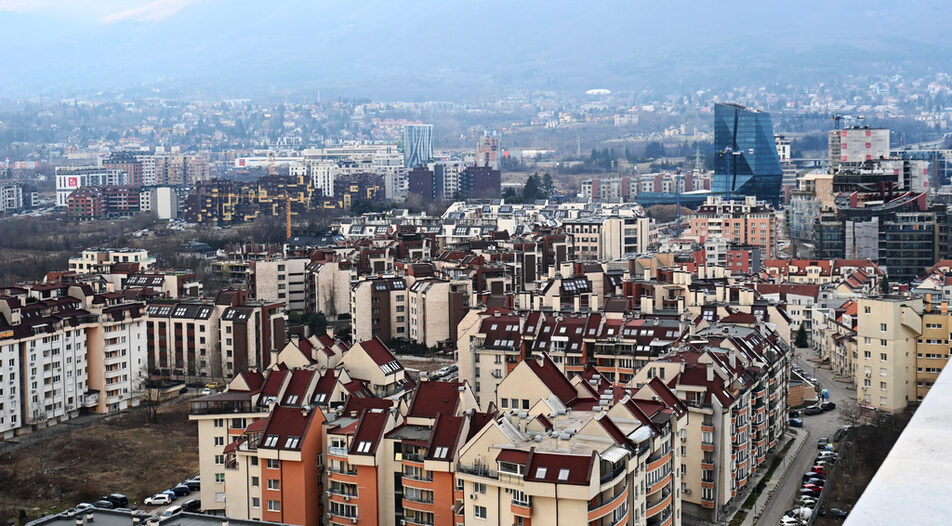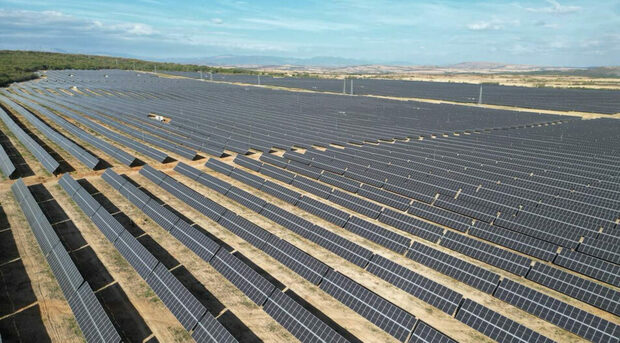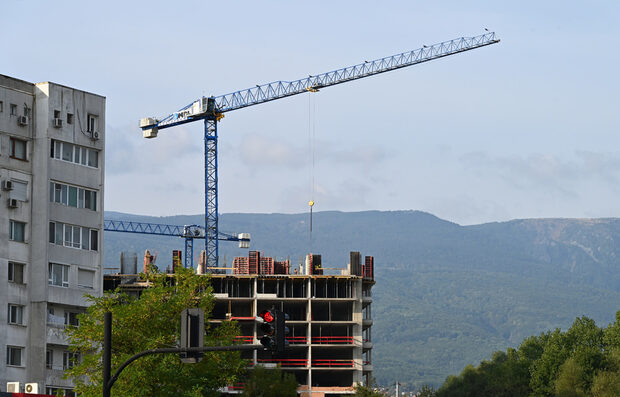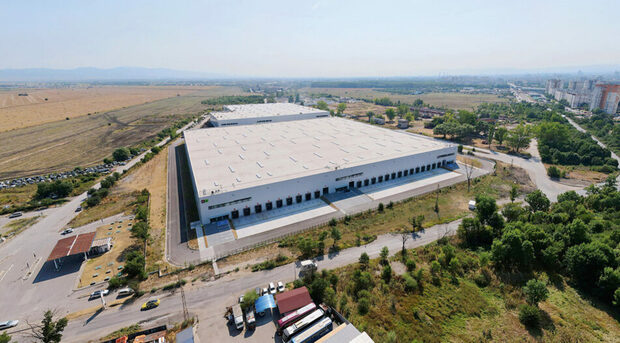Housing prices in Bulgaria continue to surge at a fast pace, while the housing market elsewhere in the European Union is slowing down sharply. Eurostat data reveals that housing prices in Bulgaria have increased by nearly 10% on an annual comparison basis in the first quarter of 2023, while the growth rate in the EU has fallen below 1%. Although Bulgaria's momentum has waned after recording significant growth in the middle of last year, the rate of increase remains among the highest in Europe.
Under the pressure of high interest rates, housing prices in the EU fell for a second consecutive quarter on a quarterly comparison basis in January-March, this time by 0.7%, following a 1.4% drop in the last three months of 2022. Leading markets such as Germany, France, Luxembourg, Finland, Austria, and others were particularly strongly affected. Meanwhile, compared to the end of last year, prices in Bulgaria have risen by 1.6%. The European Central Bank recently warned that high mortgage rates are making housing increasingly unaffordable and unattractive to investors, potentially leading to a "chaotic decline" in prices. The Baltic countries, Spain and Portugal are identified as the most vulnerable to such a development due to their reliance on floating-rate mortgages.
In the first quarter, rental prices in Bulgaria outpaced those elsewhere in the EU in terms of growth. According to Eurostat data, rental prices in Bulgaria have increased by 7.6% on an annual basis, while the EU average stands slightly below 3%. Overall, rental prices tend to exhibit smoother fluctuations compared to housing purchase prices.
What drives growth?
One of the main reasons for the still-hot market in Bulgaria are the lower loan interest rates compared to the eurozone. Just over a year after the European Central Bank began tightening its monetary policy, borrowing costs in the euro area sharply increased. As of March, the eurozone's average interest rate on housing loans stood at 3.4%, nearly 2 percentage points higher than a year earlier. Bulgaria's central bank has limited maneuverability in monetary policy due to the restrictions of the currency board system and interest rates generally follow the trend in the eurozone but with a certain delay. As a result, the cost of borrowing in Bulgaria remains among the lowest in Europe, and credit activity continued to boom in the first three months of this year.
Another factor is high inflation, which has eroded the value of money over the past two years. In an attempt to protect their savings, many individuals seek refuge in real estate assets such as housing. Additionally, the characteristics of the local market contribute to this trend, as the percentage of homeowners in Bulgaria is significantly higher than the EU average.
Bulgaria ended 2022 with average annual inflation of 13%, measured by the European Harmonised Index of Consumer Prices. Average annual inflation for the 12 months through March 2023 was 14.1%.
The ongoing rise in prices has been likely bolstered by the high nominal income growth recorded in the past year. Furthermore, property prices in Bulgaria are among the lowest in the EU, indicating a tendency for convergence.
On the other hand, construction companies are reluctant to cut prices despite the surge in the costs of materials and labor over the past year. However, statistics show that the price increase in the first quarter primarily stems from older properties, which have seen a 12% rise compared to 2022. The number of property transactions in Bulgaria has declined for yet another quarter in January-March, dropping by 9% compared to the same period of last year, according to data from the Registry Agency. Although the waning activity has not yet resulted in falling prices, it has slowed down their growth.
Housing prices in Bulgaria continue to surge at a fast pace, while the housing market elsewhere in the European Union is slowing down sharply. Eurostat data reveals that housing prices in Bulgaria have increased by nearly 10% on an annual comparison basis in the first quarter of 2023, while the growth rate in the EU has fallen below 1%. Although Bulgaria's momentum has waned after recording significant growth in the middle of last year, the rate of increase remains among the highest in Europe.
Under the pressure of high interest rates, housing prices in the EU fell for a second consecutive quarter on a quarterly comparison basis in January-March, this time by 0.7%, following a 1.4% drop in the last three months of 2022. Leading markets such as Germany, France, Luxembourg, Finland, Austria, and others were particularly strongly affected. Meanwhile, compared to the end of last year, prices in Bulgaria have risen by 1.6%. The European Central Bank recently warned that high mortgage rates are making housing increasingly unaffordable and unattractive to investors, potentially leading to a "chaotic decline" in prices. The Baltic countries, Spain and Portugal are identified as the most vulnerable to such a development due to their reliance on floating-rate mortgages.












